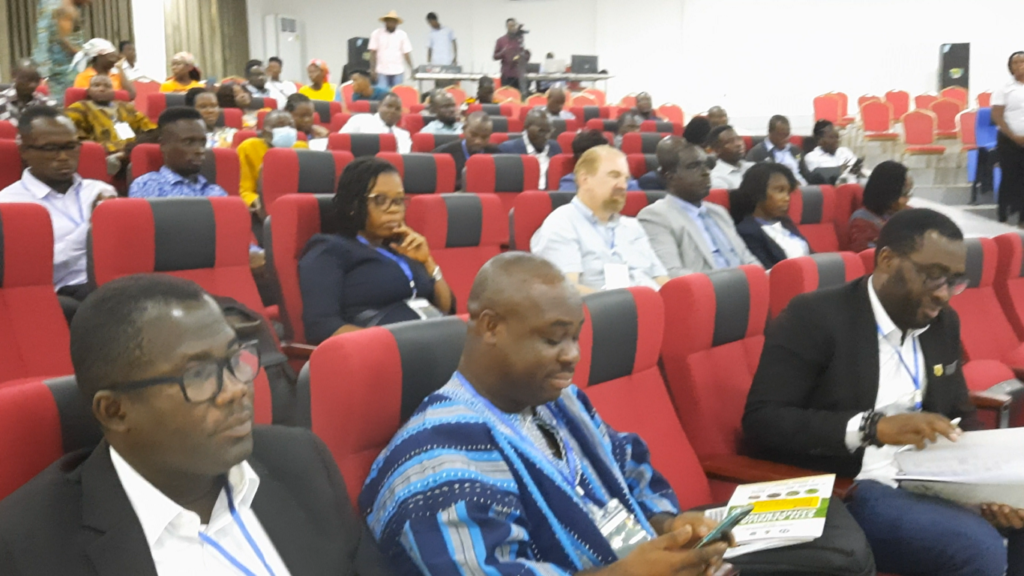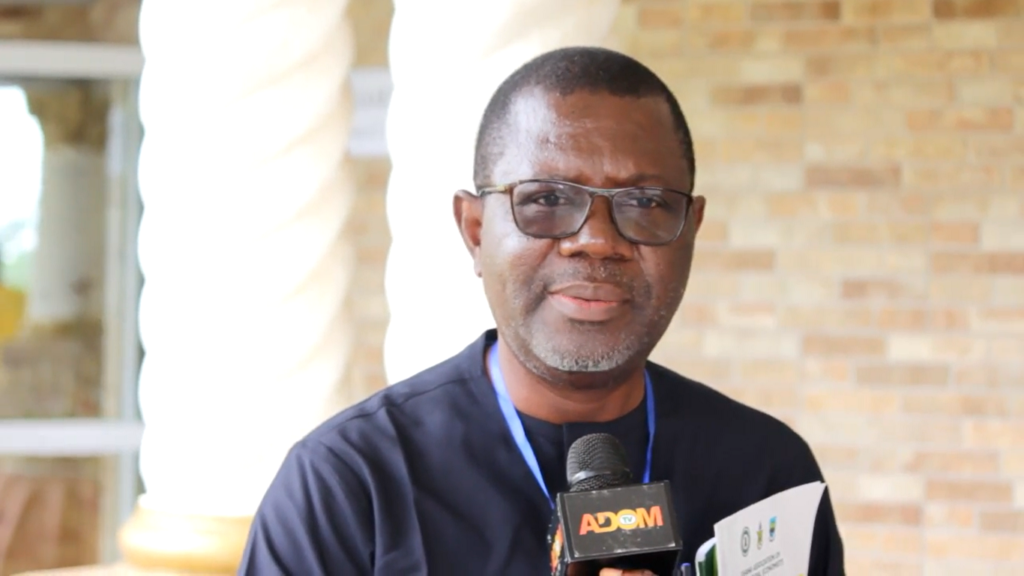The government says it is committed to collaborating with agricultural economists in teaching agribusinesses due to the rippling effect on the agricultural value chain.
According to the Deputy Minister of Food and Agriculture, Yaw Frimpong Addo, enhancing the roles of agricultural economists would produce more agri-entrepreneurs whose activities could help reduce post-harvest losses, among others.
Speaking at the 5th Ghana Association of Agricultural Economists (GAAE) conference in Sunyani, in the Bono Region, Mr. Frimpong Addo said such cooperation would also ensure a solid agriculture value chain system.
“They teach these students in the universities, economics and agriculture. And the agric value chain –from the farm to the consumer, there is a whole spectrum of activities that young people can take advantage of”, he said.

Mr. Frimpong Addo further said, “When you teach these young people about agribusiness, they become entrepreneurs and agri-entrepreneurs, and therefore the post-harvest losses would be reduced. They would explore more markets outside so that when farmers produce, there would be a way to take them to the market. And it takes aggregators and entrepreneurs to do that which starts from groups like this”.
“So that we get more of these young people becoming interested in agriculture within the value chain, and that is why we (Ministry of Agriculture) are so much interested in the association so that together we can build a solid agriculture value chain system that everybody will benefit from.

The 3-day conference, which commenced on October 6, 2022, hosted by the University of Energy and Natural Resources in Sunyani, is themed, “Agricultural Innovations, Entrepreneurship, and Trade for Sustainable Development.”
Participants include; scientists, agricultural economists, researchers, and students.
The conference aims at taking stock of happenings in the profession, dialogue on measures to improve the welfare of farmers and adopt measures to influence government policies on agriculture and the agricultural value chain for the development of the sector.
The President of GAAE, Prof Daniel Bruce Sarpong, said agriculture, though a private sector-led activity, requires the involvement of all stakeholders to bring about the needed development.

He said the links among input dealers, farmers and marketers, to the consumer, are so important that any mishap could derail the expected agricultural development.
“It’s good we talk about the challenges and device policies and strategies to overcome the challenges. And it is not just in the purview of the government, but all stakeholders”.
Prof Bruce Sarpong, who is also a lecturer at the University of Ghana, said the success of agricultural development should not be left only to the government.
“There should be a dialogue between partners on the agricultural value chain to drive the sector to the level desired by all”, he noted.

The Vice-Chancellor of UENR, Prof Elvis Asare-Bediako, called on GAAE to involve other stakeholders in the agriculture ecosystem to deliberate on how the natural environment could support agriculture production and trade.
He said the future outcome could be devastating without careful planning and the implementation of suitable strategies for agriculture production and utilization of natural resources.





